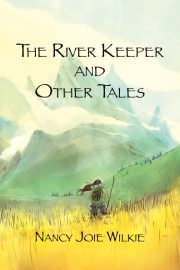More Writerly Than Thou
by Sandra M. Odell
I have struggled with the titanic highs and crushing lows of severe mental illness and PTSD most of my life, yet nothing quite prepared me for the psyche shitstorm that followed the release of my second collection, “Godfall & Other Stories. ”


